A hospital has patients and needs, among many other resources, doctors, medicines, machinery and, of course, a good electricity supply. Although today technology and electricity are present in all areas and sections of a hospital or healthcare center, the most common is that hospital electrical safety systems are especially focused on the most critical areas. However, there are other areas where the possibilities for improvement are obvious.
The electrical supply in hospitals
Although when we talk about hospitals, the first thing that appears in our mind are the doctors, there are essential aspects that go beyond the human team of a health center. We are talking about the importance of electricity supply in hospitals.
Today the vast majority of the medical machinery in a hospital works with electrical energy, so a failure of this nature or lack of power can endanger the lives of patients. Therefore, hospital energy and electrical safety are two aspects of vital importance for the correct operation of this type of health center, especially in the most critical areas, those in which surgical interventions are carried out or, for example, the Intensive Care Unit.
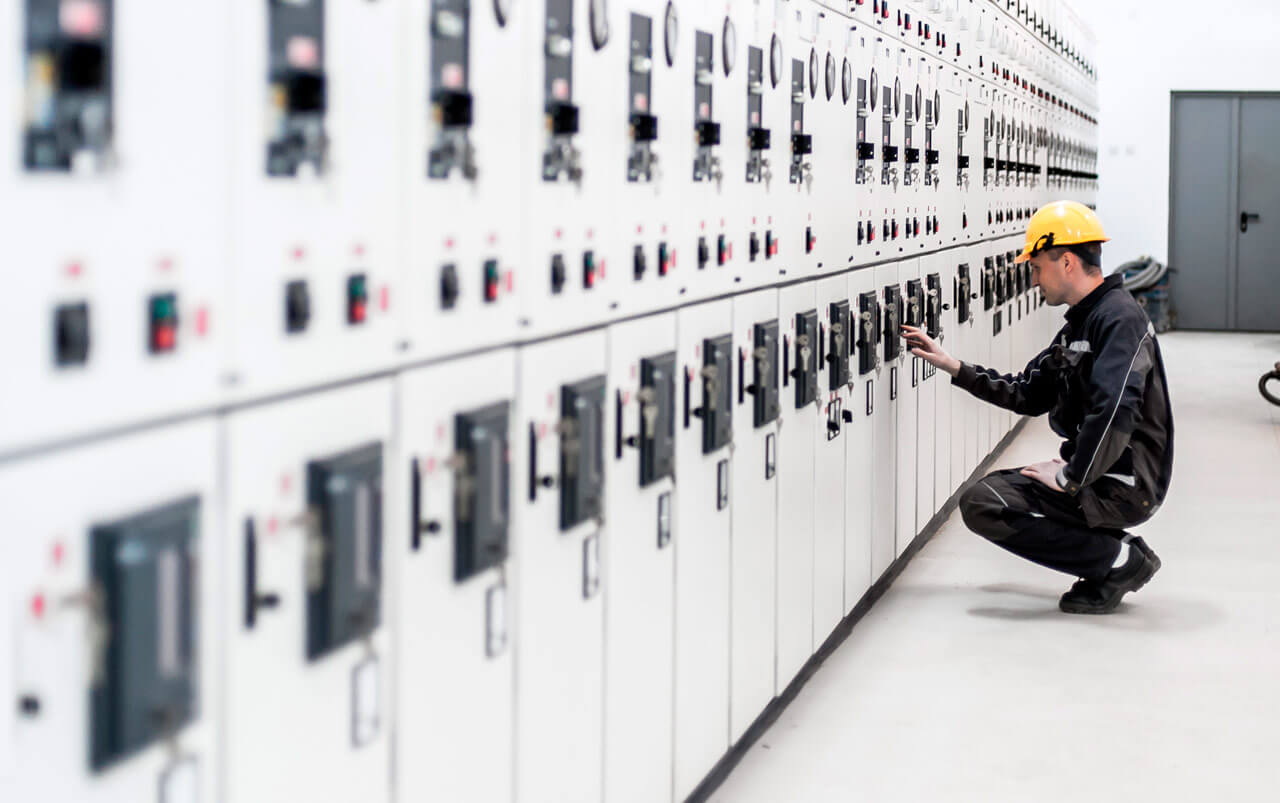
Critical areas
Critical areas are those spaces in hospitals where the risk is high. For example: operating rooms, emergency rooms, clean rooms, isolation rooms, the ICU…
To maintain hospital electrical safety in these areas, there are various elements that protect and guarantee the electrical supply. For example: IT power supply systems, uninterruptible power supplies or ground connections, among others.
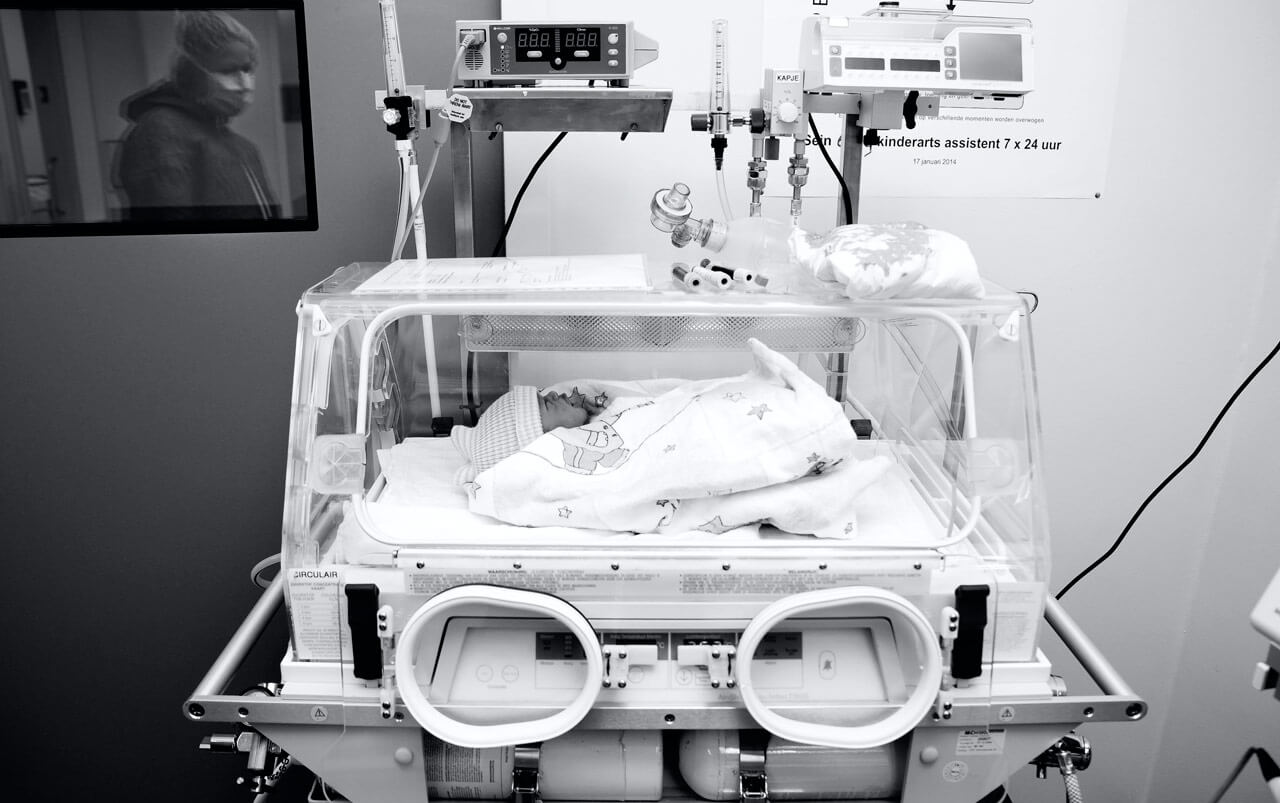
Areas to improve the electricity supply in hospitals
For many years, technology has changed our lives and has broken into all sectors, including health.
In hospitals, this digital transformation is a slow process that has helped to optimize hospital management and all processes. As in other areas, hospitals are now more dependent on technology than before. However, there are still some sections or areas of hospitals with many opportunities for improvement in terms of electricity supply, especially lighting and ventilation and air conditioning systems.
The hospital sector, in operation 24 hours a day, 365 days a year, is one of the areas with the highest energy consumption. Let’s use the example of the Hospital de Manises in Valencia. Its electricity consumption in 2018 was close to 9 million kWh, but thanks to an energy efficiency and effectiveness plan, in 2019 it managed to reduce this consumption by just over 1 million kWh.
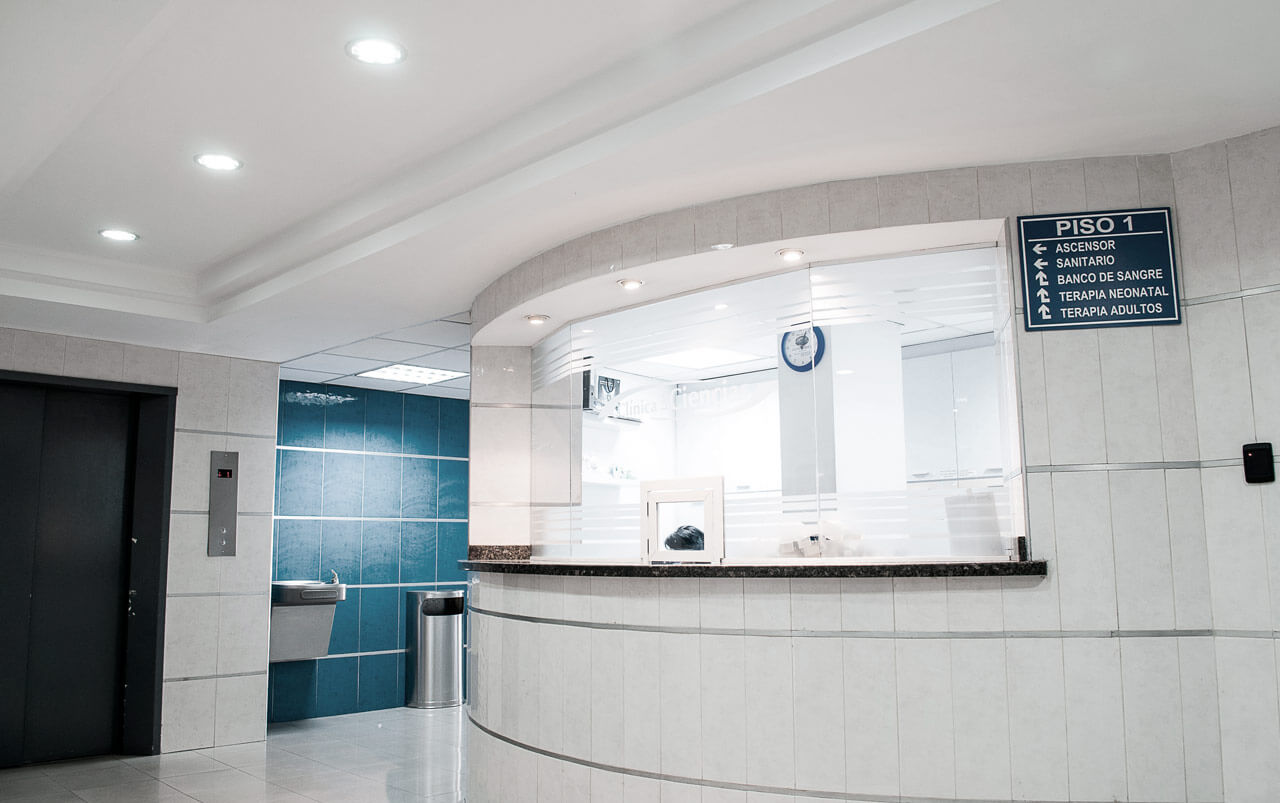
Illumination
Hospital lighting concentrates a large part of the electricity consumption of these health complexes. In this sense, to improve the electricity supply in hospital lighting, it is recommended to install low-consumption lamps, such as LED lights. Although their cost is higher, in the long term the investment is more profitable since they are much more efficient than other types of luminaires.
On the other hand, in order to carry out a responsible consumption of light, it is important to have regulation and control systems, in addition to making the human team aware of the proper use of electricity.
Air conditioning
The air conditioning system is one of the most important in hospitals since its application goes beyond the creation of a comfortable environment. Hospital air conditioning is also used to:
- Reduce microorganisms, dusts, odors.
- Keep the temperature stable.
- Maintain a high level of ventilation.
- Protect staff working at the center.
- Control the flow and direction of the air.
Thanks to a communication and air conditioning system it is possible to detect the temperature in all areas of the hospital, detect possible leaks or breakdowns, etc. In this sense, the constant maintenance and revision of the air conditioning system is vitally important, not only to guarantee its use but also to be able to save the hospital’s electricity supply.
Ventilation
Like air conditioning, ventilation is another of the most relevant components for the proper functioning of a hospital. Although natural ventilation is a great alternative to save and minimize dependence on the electricity supply, regarding the operation of ventilation systems it is important to be up-to-date in terms of maintenance of these components.
The ventilation review in a hospital is used to detect possible obstructions, leaks or problems that affect energy consumption.
Electronic devices for data recording
One of the easiest ways to carry out the digital transformation of hospitals is by digitizing medical records that used to be made on paper. To do this, hospital computer systems require software suitable for medical care. In this sense, the electricity supply in hospitals must also guarantee access to a patient’s clinical history from anywhere in the hospital and at any time.
On the other hand, we must not forget the importance of medical records being stored securely as they contain confidential information of patients.
From a hospital electrical safety point of view, it must be taken into account that computer equipment ages with the years and, for example, affects the battery, whose duration is reduced. Therefore, it is important to have facilities that provide electricity to equipment wirelessly or even in the event of adverse events.
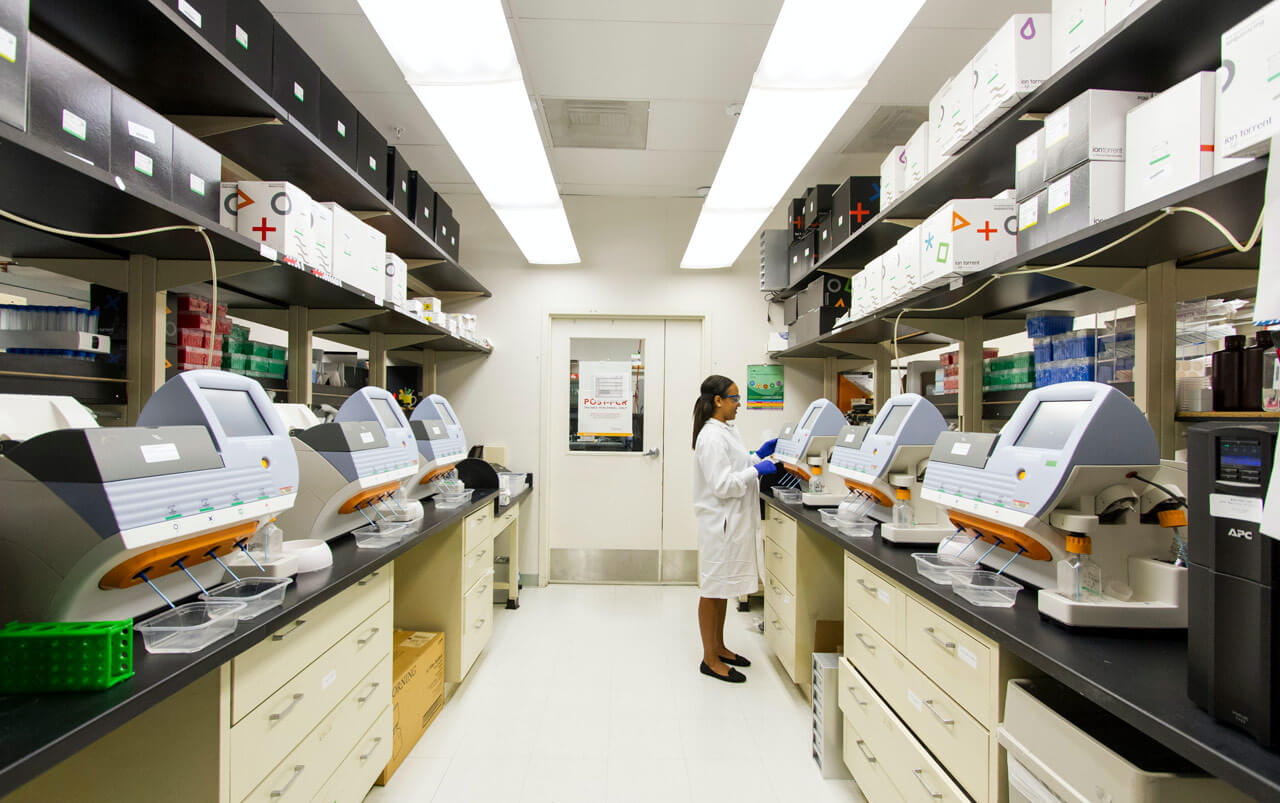
Patient rooms
It is one of the basic spaces in hospitals and it is important that they are adapted and comfortable both for the patient and for the family members who usually accompany them.
The rooms usually have a television or air conditioning, but it is also important that they have power options available to, for example, charge their devices or mobile phones.
Surgical tools
Much of the hospital machinery and surgical tools available in hospitals depends on electrical power. In an operating room, equipment such as lamps, for example, remain connected to electricity in order to use it.
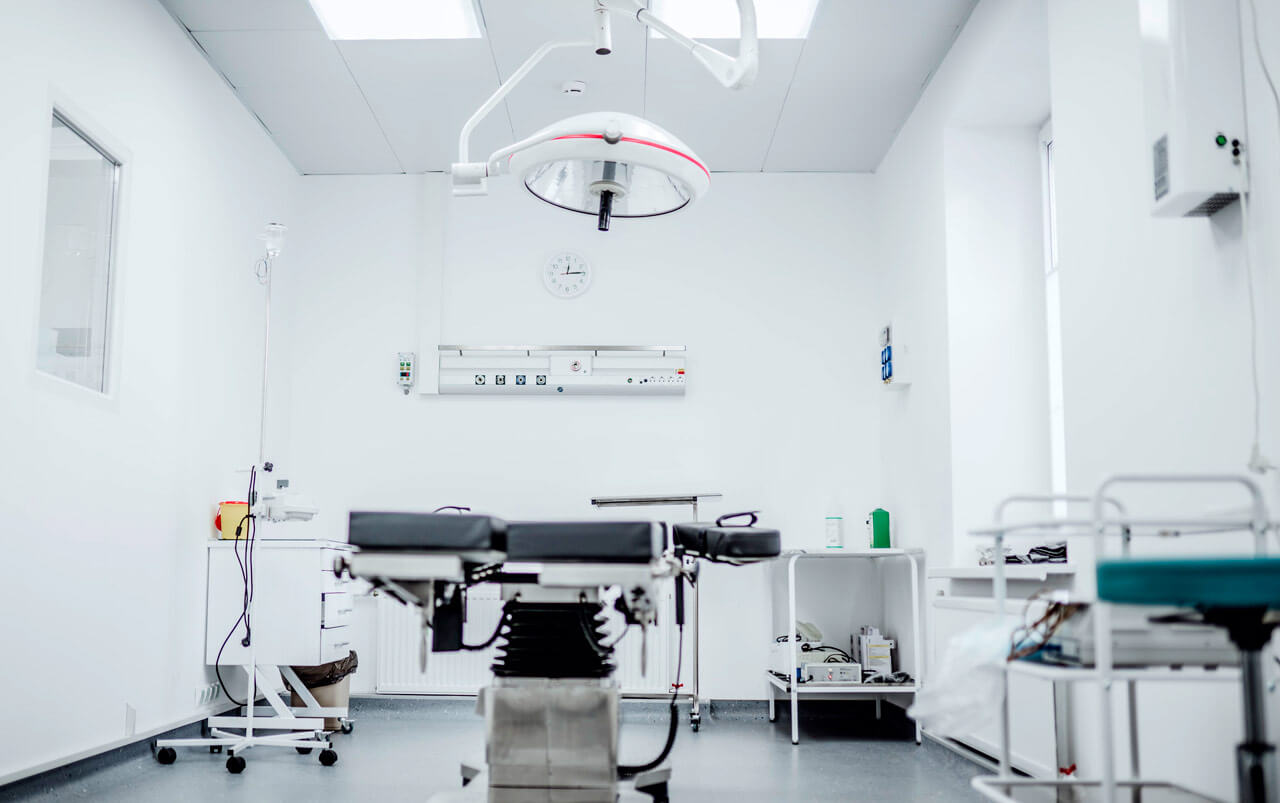
Hospital electrical safety
Everything mentioned throughout this article gives us an overview of the importance of electricity supply in hospitals and the consequences of an adverse event or a cut in the transfer of energy in a health center.
In this context, having a constant supply that is proof of any type of adversity is essential for the proper functioning of a hospital.
Hospitals are committed to having hospital electrical safety systems that guarantee access to energy in any circumstance. All this thanks to the advice of experts in hospital electrical safety who, depending on the area of the hospital and the objective, will recommend, for example. products such as uninterruptible power supply systems, ground connections or use batteries and medical transformers.



